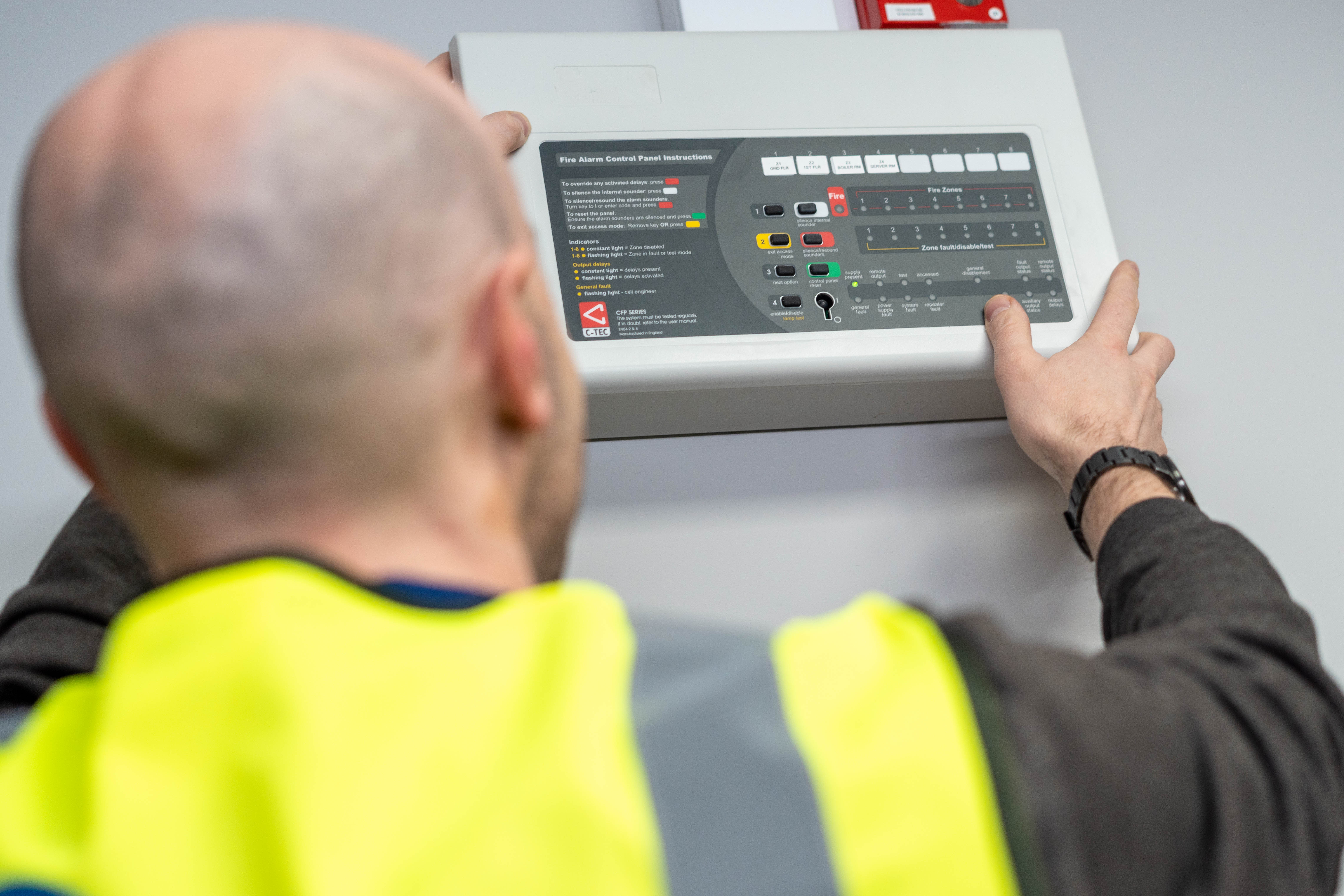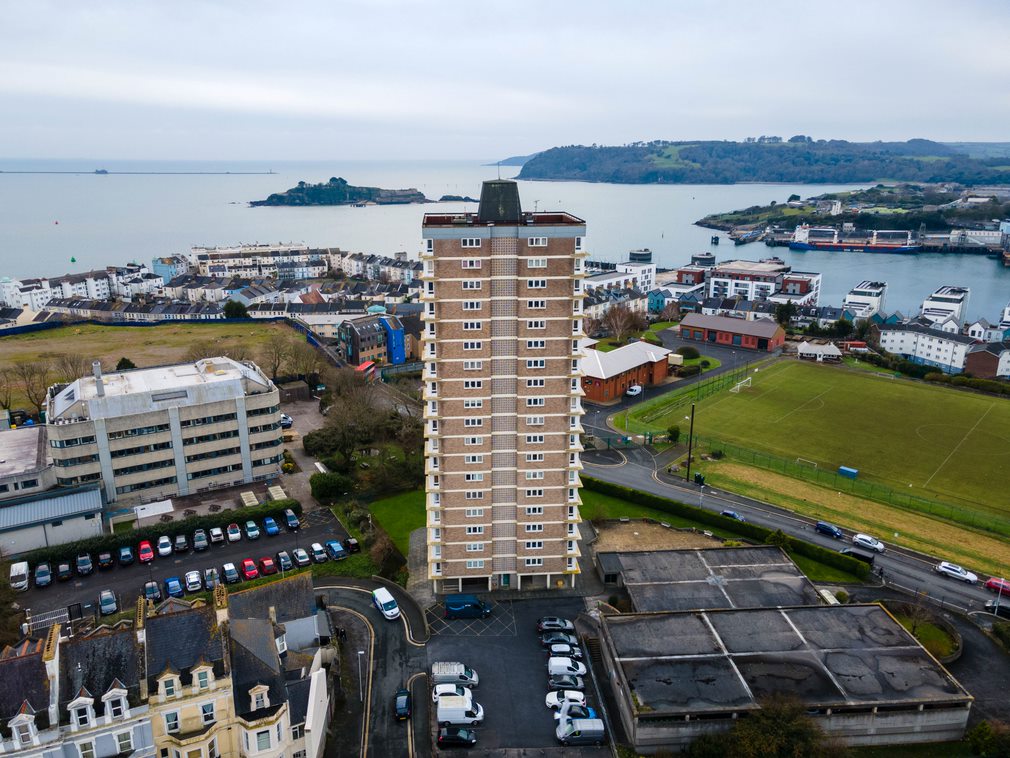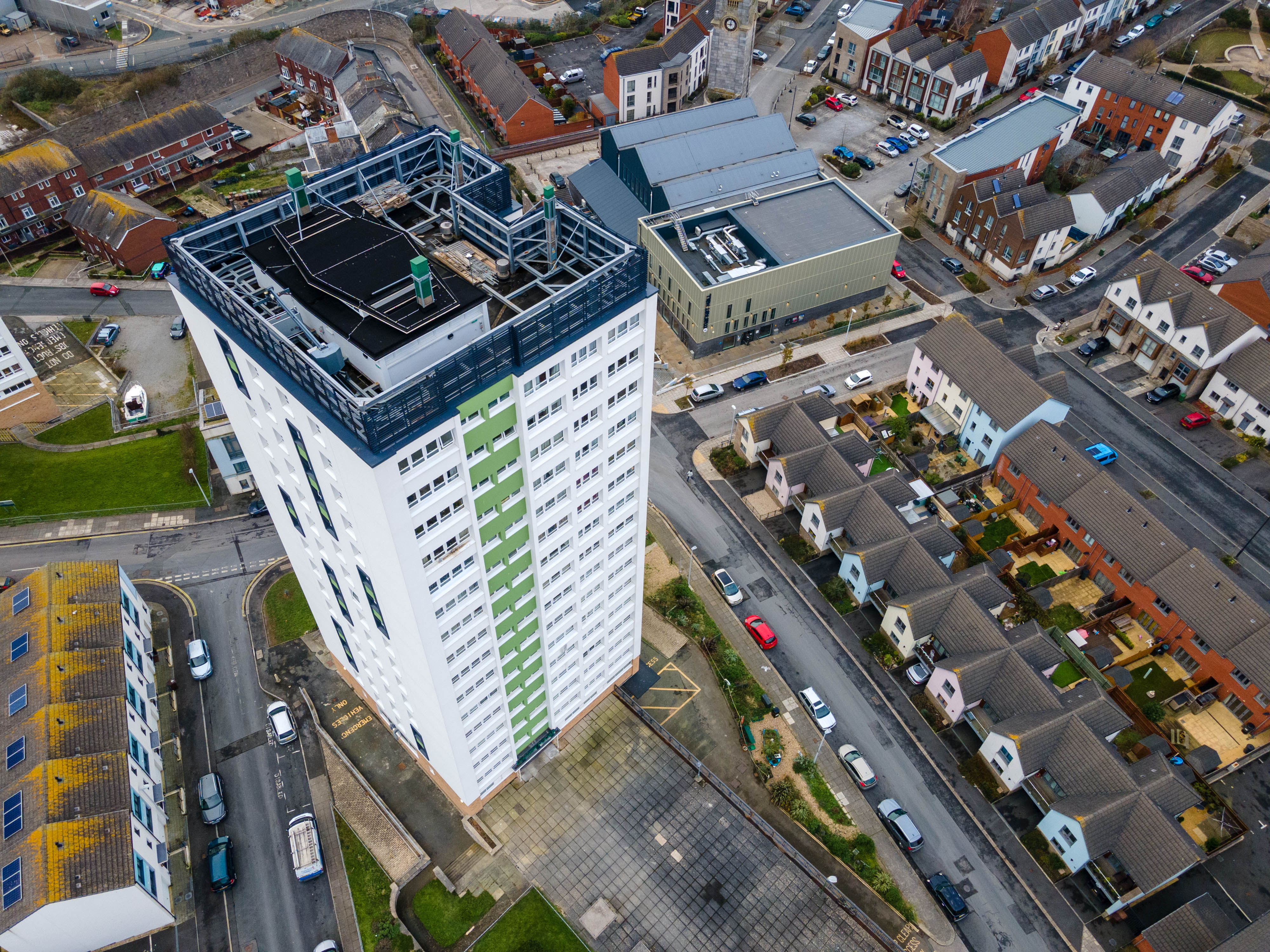Premises Management Guideline Updates for Non-Domestic Properties

In a bid to enhance fire safety measures in non-domestic premises, the Fire Industry Association (FIA) has released a comprehensive bulletin outlining the obligations of premises management regarding fire detection and alarm systems.
The FIAs latest Technical Bulletin which can be found in full here, provides revised guidance for premises management, aiding in the maintenance of fire detection and alarm systems in non domestic properties to adhere to the standards outlined in BS 5839-1.
What is BS 5839-1?
BS 5839-1 is a fire safety standard that focuses on fire detection and alarm systems for buildings. It outlines best practices for the planning, design, installation, commissioning, and maintenance of fire safety systems in and around non-domestic premises.
The full BS 5839-1 can be purchased here
What is the Fire Industry Association?
As a not-for-profit organisation, the FIA serves as a key provider of fire safety training nationwide. With a primary goal of promoting and improving fire protection methods, devices, services, and apparatus, the FIA works tirelessly to represent its members and offer technical support, guidance, and opportunities for professional development. As members of the FIA, Ventro is committed to upholding the highest standards of fire safety and contributing to the collective effort to enhance fire protection measures across all industries.
What does the Bulletin recommend?
-
Designation of a Named Premises Manager: It is imperative to appoint a designated member of premises management tasked with overseeing all aspects of the fire detection and alarm system. This individual plays a pivotal role in ensuring regular testing and maintenance, maintaining accurate records, and disseminating relevant information to all concerned parties within the premises.
-
Servicing and Maintenance Agreement: The Named Premises Manager must arrange a service and maintenance agreement with a competent provider. Effective communication and meticulous documentation of testing schedules, faults, and false alarms are indispensable for seamless system management.
Contact Ventro today to discuss your maintenance needs with one of our specialist fire safety consultants. -
Documentation Management: All pertinent documents related to the fire detection and alarm system, including drawings, specifications, and maintenance instructions, should be meticulously maintained and readily accessible to relevant stakeholders.
-
Daily Check of Control Panel: Regular checks of the Control and Indicating Equipment (CIE) are essential to promptly identify and rectify any faults that may arise.
-
Clear Space around Detectors and Manual Call Points: Ensuring unobstructed access to detectors and manual call points is critical for optimising system effectiveness.
-
Training and Instruction: Comprehensive instruction in system operation and interpretation of alarm signals should be provided to all relevant personnel, with particular emphasis on multi-tenanted buildings.
-
Weekly and Monthly Testing: Regular testing, including weekly activation of differing manual call points, is paramount for verifying system functionality and familiarising occupants with alarm signals.
Compliance with these responsibilities is paramount for ensuring the effective and reliable operation of fire detection and alarm systems in non-domestic premises. By adhering to the guidelines outlined in the FIA bulletin, premises management can bolster fire safety measures and mitigate potential risks effectively. Stay informed, stay compliant, and prioritise fire safety in your premises management practices.













.png?width=397&height=365&name=CPDmember%20(1).png)





-1.png)

